A lack of representation, careless comments and ‘racial banter’ – how this sport is facing up to its diversity issues
Share
Explore Our Galleries
Breaking News!
Today's news and culture by Black and other reporters in the Black and mainstream media.
Ways to Support ABHM?
By Sam Joseph, CNN
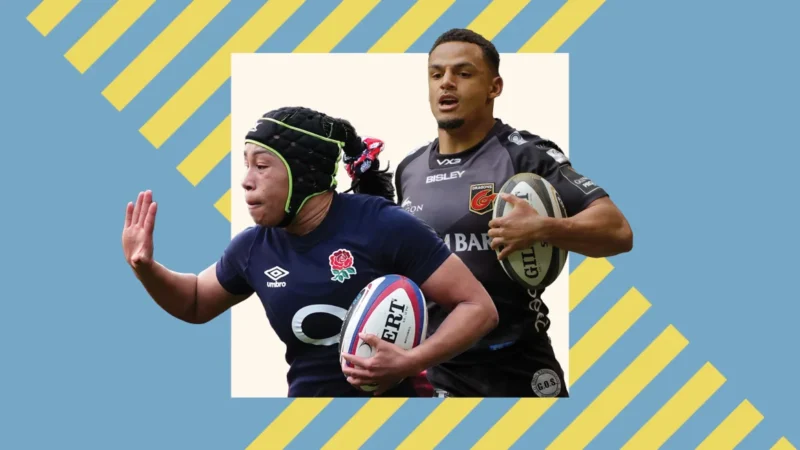
Elite sport can be a lonely and unforgiving place. Just ask Black rugby player and England international Sadia Kabeya, who says a lack of cultural and ethnic diversity in her sport took a toll on her identity.
“As a young girl just wanting to impress, I think I kind of just suppressed a lot of the feelings that I was having,” she told CNN Sport in an interview. “When I look back to those days now, I realize I was completely changing myself to try and fit in.”
A 2023 report commissioned by the Rugby Football Union (RFU) – the sport’s governing body in England – the Premiership Rugby (PRL) and Rugby Players Association (RPA) found that a “sense of belonging is not universal while the perceived need to assimilate, as well as being stereotyped, exists, particularly for players of color,” according to the RFU.
“When I first got into rugby, I was surrounded by people who looked like me and I was playing my friends from school, so I was just playing for the fun of it,” said Kabeya as she reflected on what she called rugby’s “White, middle-class origins.”
“It wasn’t until I started to take it more seriously and go outside of school when I kind of realized the diversity challenges.”
Kabeya, whose England side recently won every game in the Six Nations to achieve a grand slam, first played professionally with club side Richmond Women in southwest London.
[…]
Kabeya joined the team in 2019 and said that she was one of “four non-White players” in a Richmond “squad of around 30” women at the time.
She explained that she would change the music she listened to in fear of people at the club “turning their noses up.”
Learn about Black history here.
More stories about Black athletes can be found in our breaking news page.
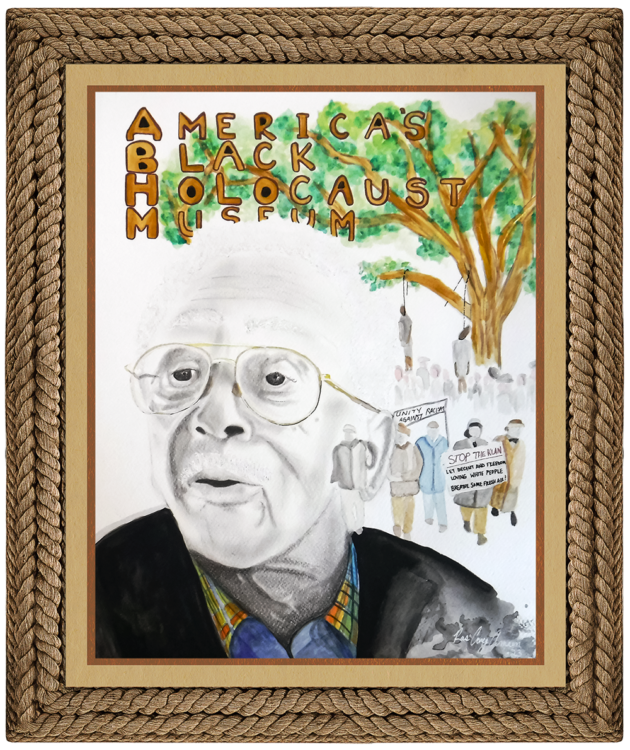
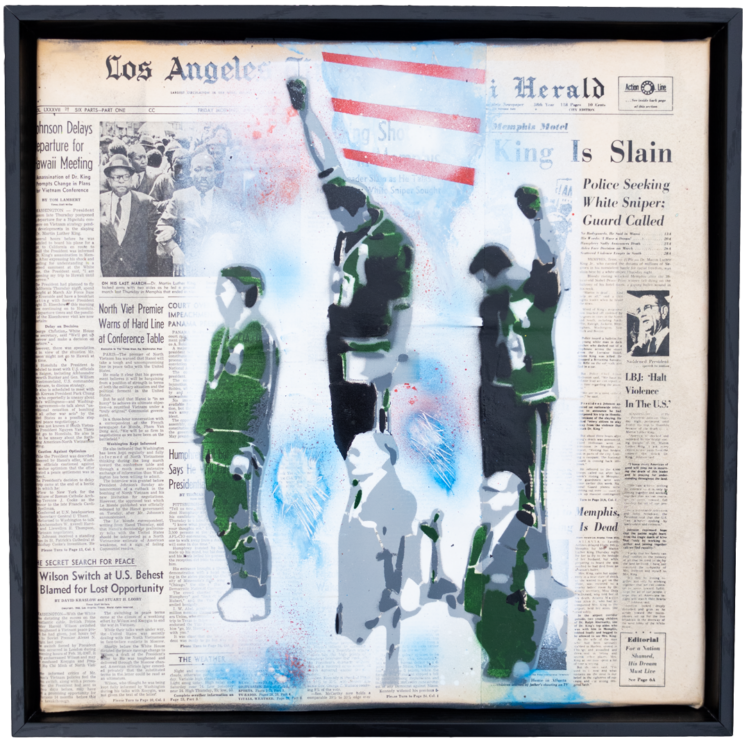
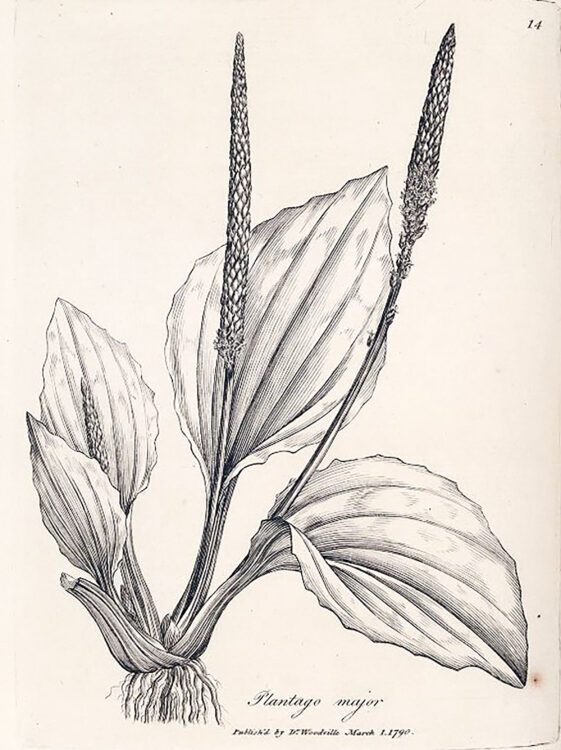
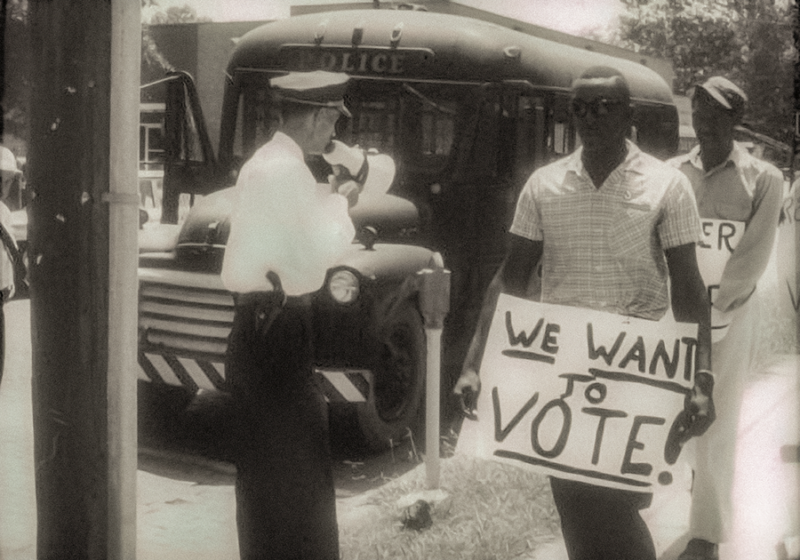

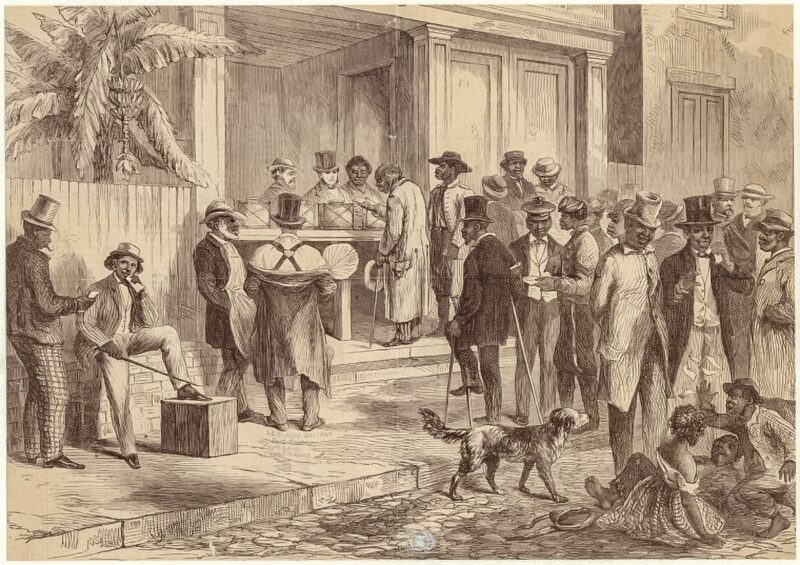
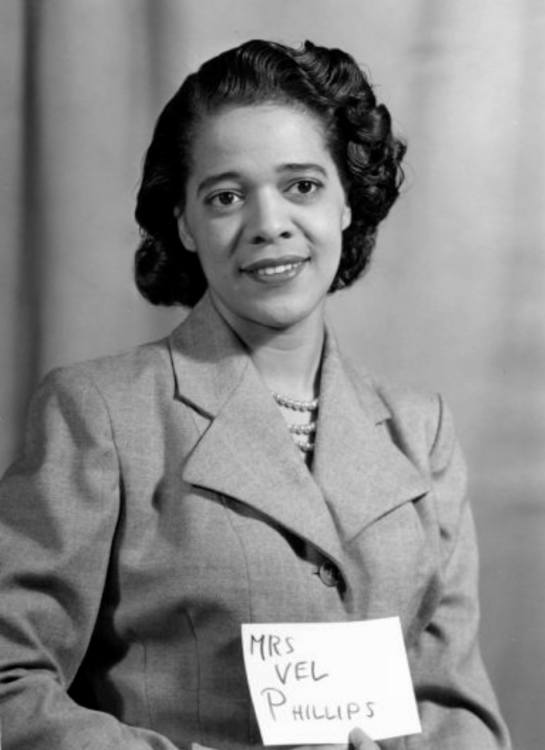
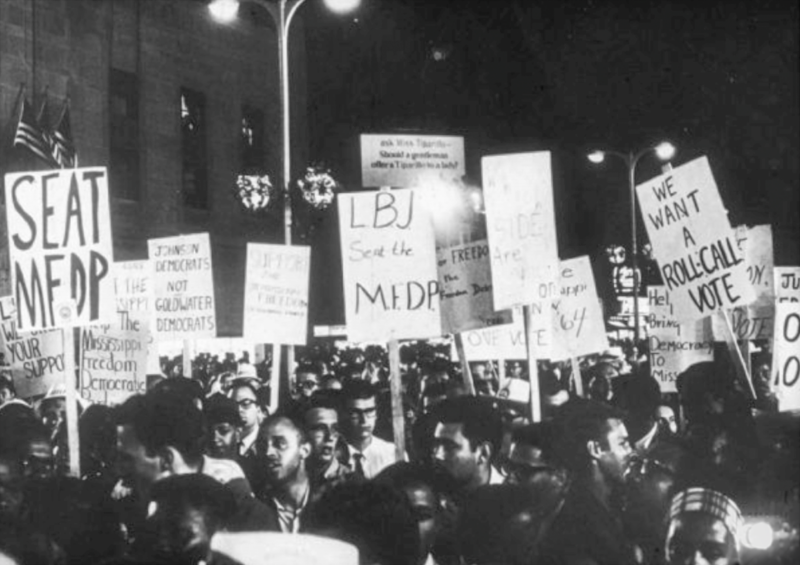
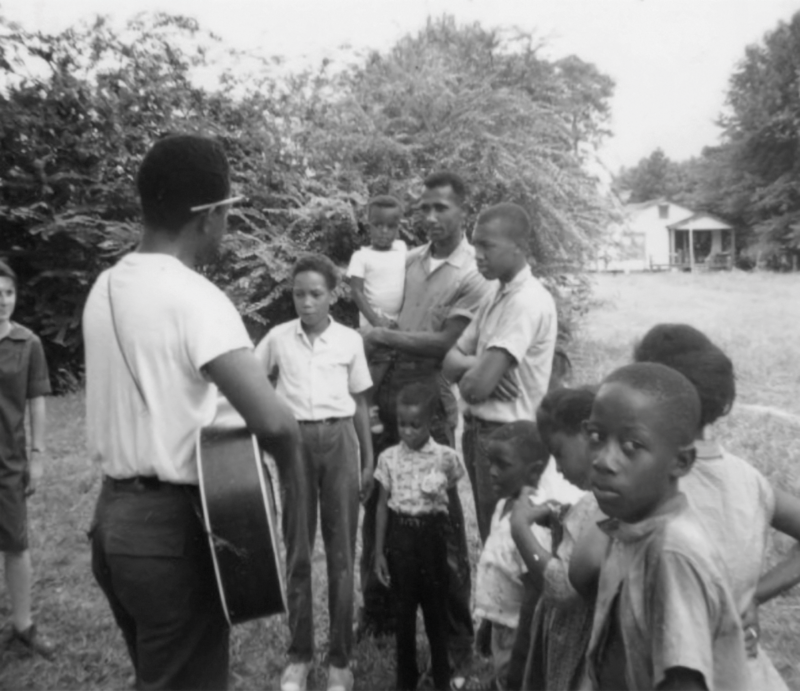
Comments Are Welcome
Note: We moderate submissions in order to create a space for meaningful dialogue, a space where museum visitors – adults and youth –– can exchange informed, thoughtful, and relevant comments that add value to our exhibits.
Racial slurs, personal attacks, obscenity, profanity, and SHOUTING do not meet the above standard. Such comments are posted in the exhibit Hateful Speech. Commercial promotions, impersonations, and incoherent comments likewise fail to meet our goals, so will not be posted. Submissions longer than 120 words will be shortened.
See our full Comments Policy here.